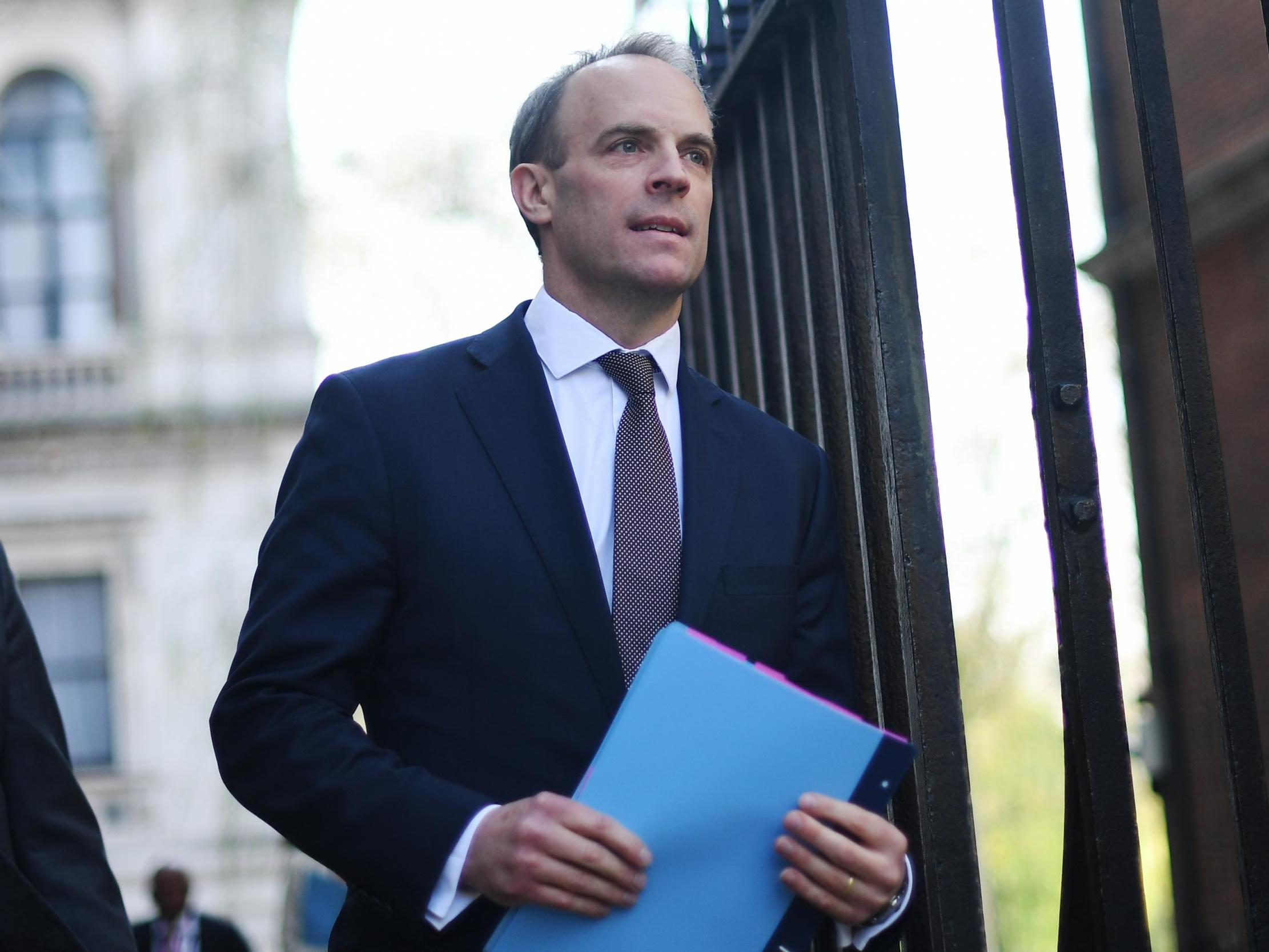Is the No 10 propaganda machine trying to centralise power?
We should not be surprised that ministers are trying to assert some discipline, writes John Rentoul


The unusual case of the top civil servant in the foreign office retracting his evidence to a select committee of MPs has prompted fears about the centralising of power in Downing Street. One civil servant told The Independent: “There seems to be a sort of Ministry of Truth now.”
The fuss began on Tuesday after Sir Simon McDonald, the permanent secretary at the Foreign Office, told MPs that it was a “political decision” not to take part in an EU scheme to buy medical equipment. He was contradicted by Matt Hancock, the health secretary, at the daily news briefing later that day.
McDonald then issued a letter that evening saying the information he had given the committee was wrong, and that ministers had not received an invitation to join the scheme at the start because of a “communication problem”.
It looks as if pressure was applied to McDonald to bring him to endorse an official version of events. However, it is not quite clear what actually happened and whether it made any difference. Hancock said he decided to join the scheme at a later stage, but no equipment has been procured yet.
So it is possible that ministers did not take a decision to stay out of the scheme, as McDonald’s letter says. Indeed, if there were a record of a “political decision” of that kind, we can expect to find out about it soon enough. On the other hand, it also seems likely that the politics of leaving the EU rather complicated what was already a grey area.
Still, we should not be surprised that Downing Street is trying to assert some discipline over communications. It is a basic requirement of good communication that the government should speak with a single voice. One of the problems with the government’s early response to coronavirus was that some ministers and special advisers seemed to be speaking to journalists on condition of anonymity before official announcements were made, causing confusion and uncertainty.
Although McDonald’s boss, Dominic Raab, is the acting prime minister and therefore responsible for the Downing Street line, Hancock is a vehement advocate of the discipline of the “single message”. At the daily news conferences he has refused even to discuss the factors that might influence decisions about easing the lockdown, for fear of confusing the simplicity of the public health message: “Stay at home; protect the NHS; save lives.”
And Hancock was responsible for another instance of cracking the whip, when it became known that his department had “strongly advised” Robert Jenrick, the local government secretary, not to mention the possibility of a consignment of protective equipment being flown in from Turkey. Jenrick nevertheless went ahead at the briefing last Saturday, and said the shipment, including medical gowns, would arrive the next day – which it then failed to do.
This is more a sign of government weakness than a sinister attempt to manufacture untrue propaganda, in my view. Confusion and inter-departmental squabbling are evidence of a lack of grip at the centre. Paradoxically, if the government were speaking with one voice, no one would be complaining about heavy-handed attempts to make sure that everyone sticks to the line – it is when things start to go wrong that we hear about the “Ministry of Truth”.
Join our commenting forum
Join thought-provoking conversations, follow other Independent readers and see their replies
Comments